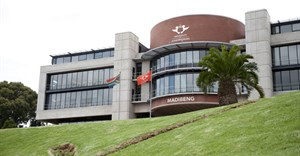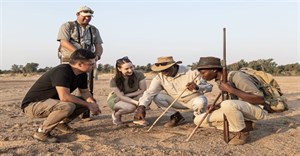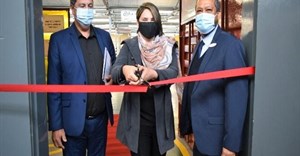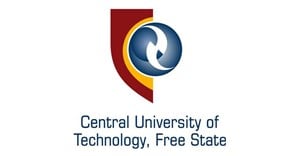Subscribe & Follow
Trending
Jobs
- Lecturer - Education Studies Pretoria
- Lecturer: Game Development Johannesburg
- Lecturer - Digital Design Technology Johannesburg
- Contract Assessors Durban
- Student Advisor Cape Town
- Lecturer - Design Centurion
- Sport and Social Coordinator Pietermaritzburg
- Handyman Port Elizabeth
- Lecturer in Music Performance Johannesburg
- Snr Lecturer - Data and Colour Grading Johannesburg
Research reveals ways to alter SA's developing IT landscape in tertiary institutions

The roadmap, which was developed after months of meticulous research identifies new models of how the IYF can further scale its influence in developing IT skills in the country and, more importantly, create more feasible job opportunities for students in the sector.
Funded by the Michael and Susan Dell Foundation (MSDF), the research will be imperative in providing DHET with viable solutions for expanding, strengthening, and streamlining digital and IT education and funding in the PSET System.
IYF SA country director, Anusha Naicker, highlighted how the research findings would allow the country’s PSET Systems and students to keep up with the accelerated speed of global technological innovation, providing them with the opportunity for more meaningful and sustainable employment in the sector.
The research, conducted by JET Education Services under the direction of the IYF, was officially handed over by Naicker to DHET’s chief director of TVET Programmes and Qualifications, Aruna Singh.
4IR is not just about technology
Singh made the important distinction that 4IR is more than just technology-driven change; it is an opportunity to help everyone, including leaders, policy-makers and people from all income groups and nations. Speaking on the significance of the research conducted, Singh reaffirmed that it is integral to understand that the digital revolution is intrinsically connected to unemployment, education and job creation in South Africa.
DHET Deputy Minister, David Modiba, noted the knock-on effect the implementation of this research could have, highlighting how a strengthened ICT sector would undoubtedly benefit South Africa’s economy, positioning the country as a competitive force in the industry.
The IYF has worked closely with TVETs and other tertiary institutions for many years, and this is just another important step in the foundation’s quest to strengthen the PSET system and create more sustainable avenues of employment for graduates. Most notably, the IYF’s “Skills for Success” programme, in collaboration with Google.org, is giving students across Africa the opportunity to complete the Internationally recognised Google Professional Career Certificates. Singh highlighted the efficacy of this project noting that since the project’s inception in 2021, over 600 students have successfully graduated with about 70% of graduates securing employment.
The Fourth Industrial Revolution (4IR) is not a constant. Instead, it is constantly evolving. At the rate of global technological and digital development, the overall employment landscape is set to change drastically year by year. According to the World Economic Forum, 65% of children entering primary school today will end up working in completely new jobs that don't exist yet. The research handed over not only outlines a practical way forward, but prepares the existing landscape for continued radical change in the ICT sector.
While MICT SETA already plays a pivotal role in funding 4IR initiatives, the new roadmap details how the IYF, DHET and TVETs can better leverage off the entity’s funding processes in order to ensure financial feasibility for both students and the colleges themselves. In the months following the handover, IYF and its partners are already in the process of securing funding to execute the models suggested, and value the continued support of SETAs in ensuring the model becomes a reality.
Ultimately, the research conducted will allow the IYF to better leverage its existing partnerships, secure mutually aligned collaborators, and action the necessary logistical and economic processes that will contribute to strengthening South Africa’s Digital and IT sector.


















